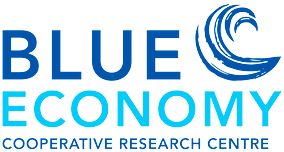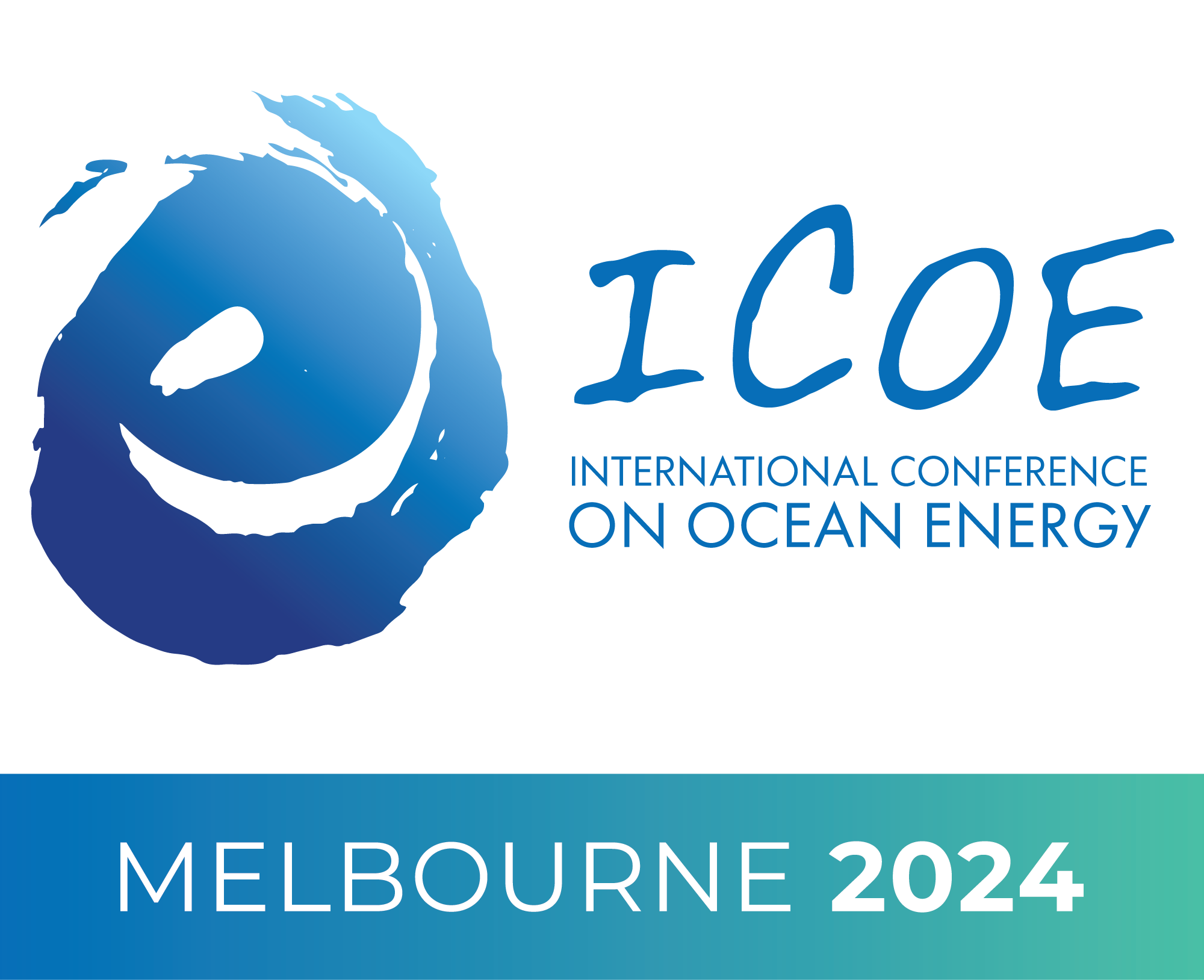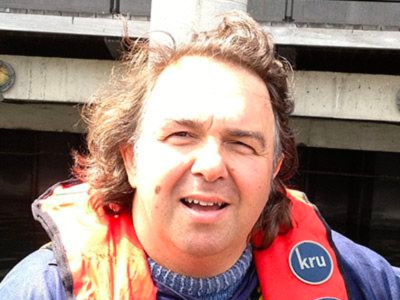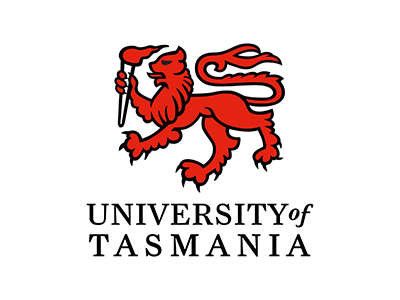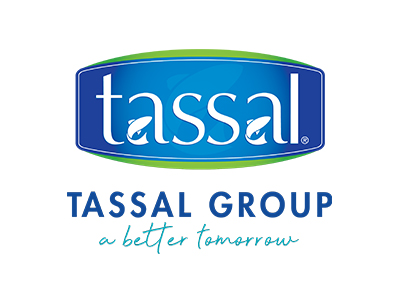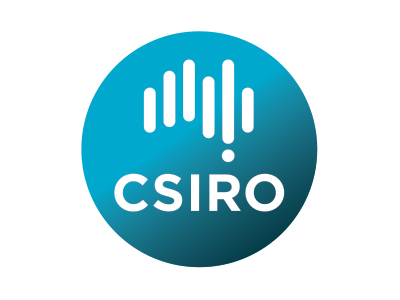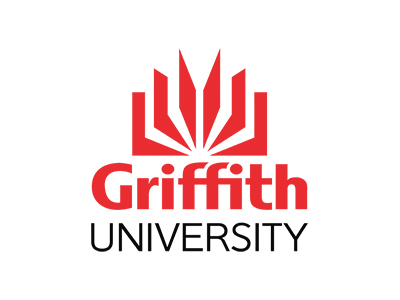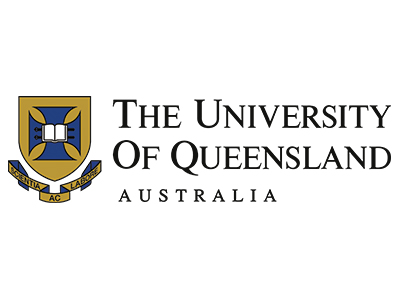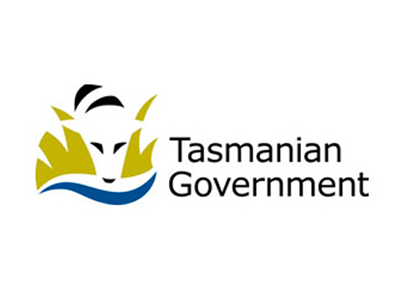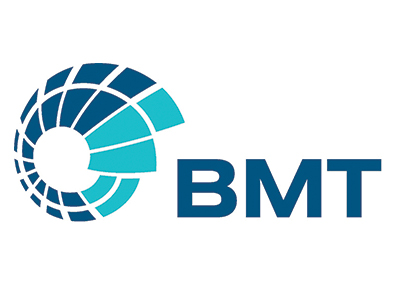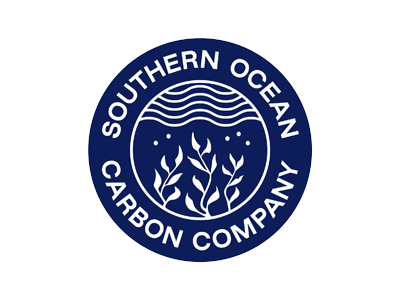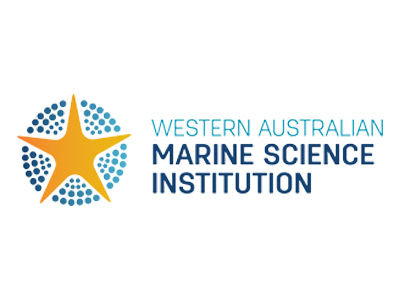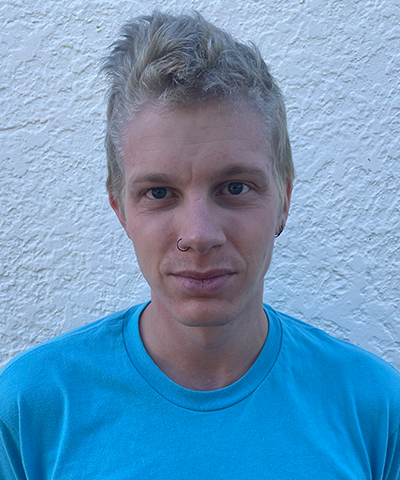Research Program
PROJECT LEADER
PROJECT ID
4.21.002
BECRC PARTNERS
BMT
CSIRO
Ghent University
Griffith University
Huon Aquaculture
Petuna Aquaculture
Southern Ocean Carbon Company
State Government of Tasmania
Tassal Group
University of Queensland
UTAS
THIRD PARTY PARTICIPANTS
Western Australian Marine Science Institution
Brookvale Energy Pty Ltd/a Nexsphere
START DATE
February 2022
END DATE
July 2025
DURATION
42 months
PROJECT IN BRIEF
Development of a larger and diverse “Blue Economy” requires spatial planning that gives industries certainty of tenure and supports the management of risks. The long-term goal of spatial planning should be to link physical, environmental, cultural and heritage, resource potential, operational logistics and risks into a comprehensive decision support tool.
This proposal will advance marine spatial planning that supports equitable, environmentally sustainable and economically efficient outcomes.
The objective of this project is to deliver forums, tools and approaches to assist regulators and emerging industries to implement ecologically, economically and socially sound Marine Spatial Planning of Australia’s offshore waters.
MSP is a public process of analysing and allocating the spatial and temporal distribution of human activities in marine areas to achieve ecological, economic, and social objectives that are usually specified through a participatory process.
The goals of MSP are derived from policy decisions about society’s desired outcomes for the marine environment.
We will:
- (i) contribute to the development of a framework for planning approaches
- (ii) characterise the data needs
- (iii) characterise resources and sites for development, and
- (iv) assess cross-sector interactions and mitigation activities
JULY 2024 PROGRESS UPDATE
The Marine Spatial Planning project has released two milestone reports as part of the delivery of this project.
- Evaluation of potential for interaction and/or conflict among ocean users and the environment in offshore waters in Australia
- Identifying synergies and trade-offs between sectors in the Blue Economy Zone
March 2024 Progress Update
The Marine Spatial Planning for a Sustainable Blue Economy project released Supporting Papers in March 2024. Marine Spatial Planning offers countries an operational framework to maintain the value of their marine biodiversity while at the same time allowing sustainable use of the economic potential of their oceans. The comprehensive supporting papers cover the common approaches to MSP – both nationally and internationally, integration with Indigenous Peoples and the context in Australia’s Marine Estate.
2023 PARTICIPANTS WORKSHOP PROJECT UPDATE
March 2023 Progress Update
The Marine Spatial Planning for a sustainable Blue Economy project is on track to identify a draft framework for Marine Spatial Planning by Spring 2023. The project has engaged with 106 external stakeholders through focus groups, the project Advisory Committee and one-on-one meetings to understand the needs of government, industry and organisations who are interested in the management of Australia’s marine estate.
Engagement with Indigenous Australians is also gaining traction with the establishment of an Indigenous Governance Committee (IGC) tasked with identifying an appropriate mechanism to engage with Indigenous Australians to understand their views on an integrated management approach for the marine estate including recognition and respect of sea country.
Research on understanding the international approach for MSP has continued. Conversations with the Commonwealth Government’s Oceans Office has continued to ensure the emerging MSP framework is consistent with and can support Australia’s sustainability goals and national Sustainable Oceans Plan. The second phase of stakeholder focus groups will be carried out in late March. The conversations during these sessions are anticipated to provide the foundations for the MSP framework.
